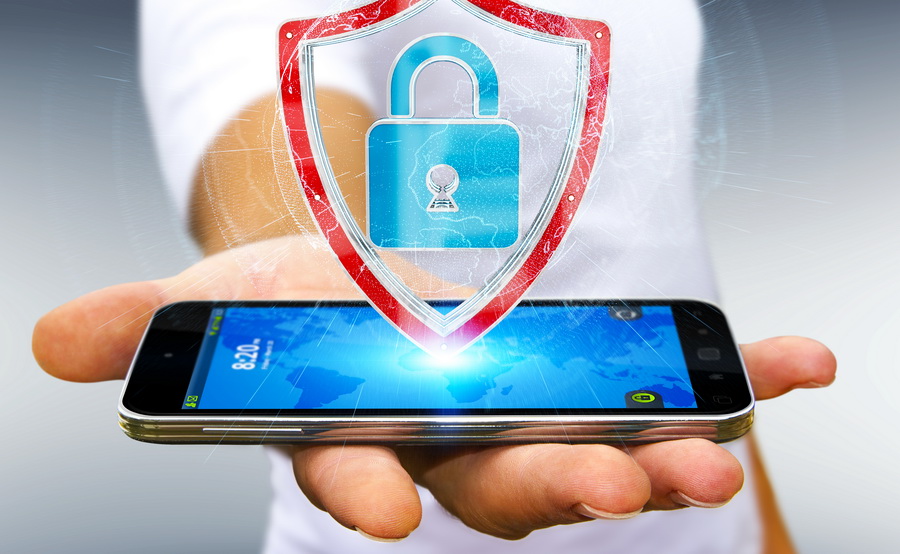
According to the UN World Tourism Organisation (UNWTO), international tourist arrivals in 2017 reached a total of 1.32 million worldwide. However, with the increasing number of people traveling abroad, tourists are getting more and more attention from various fraudsters - especially online.
One of the biggest online threats for travellers is free public WiFi. Hackers often position themselves as free WiFi hot spots to steal personal information, credit card details or other data. In addition, identity thieves have lately been using wireless 'sniffers', a type of software designed to intercept and decode data when it is transmitted over a network.
"Hotels...typically put little to no effort in protecting their guest network"
“WiFi today is indispensable for travellers. We need it to book hotels, trips, experiences, and stay in contact with our family and friends. Even maps or travel itineraries are mostly online these days,” said Daniel Markuson, digital privacy expert at NordVPN. “By the way, if you think your hotel’s WiFi is more secure, it’s probably not. Their job is to offer you comfort, not cyber security, so they typically put little to no effort in protecting their guest network.”
But here's the good news. Here are some tips to stay safe on public WiFi when traveling:
Never join a new network 'blindly'
If a network is left unprotected, chances are a cyber criminal may lurking there to steal your private data. On the other hand, hackers themselves often create rogue hot spots to trick users into thinking they are legitimate.
If you see two similar WiFi names, ask the hotel’s staff which is the real one. Finally, always avoid logging into work or banking accounts while on public WiFi.
Use a VPN on public WiFi
A VPN is a preferred tool for travellers as it encrypts all the traffic flow between the Internet and a user’s device and helps hide the IP address. If you are a beginner, it’s best to choose a VPN that’s user-friendly, for example, NordVPN.
Beware of free VPN service providers that typically rely on third-party advertisers to cover the costs. Often they are free proxy services marketed as VPNs, which is not accurate: they only change your IP address but do not encrypt your Internet traffic.
Check if the website address includes ‘https’

You should only use the websites that have URLs starting with ‘https’ - the s means that it is a secure protocol and your data is encrypted properly. Using ‘https’ sites is especially important if you are shopping online, paying for hotels, trips or experiences using your credit card details.
Enable your firewall
Most operating systems have a built-in firewall these days, which keeps outsiders from going through your computer’s data. A firewall is easy to enable – simply check your system preferences or control panel instructions.
The firewall won’t completely protect from hacks, but it’s a useful tool if used in combination with other security-enhancing services.
Don’t forget antivirus
Antivirus software is highly recommended to use at all times to protect your network from malware. However, using an antivirus only is not enough to keep your system secure.
A hacker can check whether antivirus will detect malware and if so, they can easily modify the malicious code and try again.




















